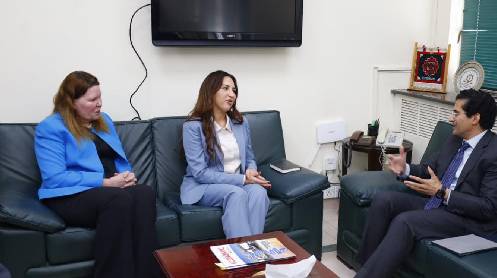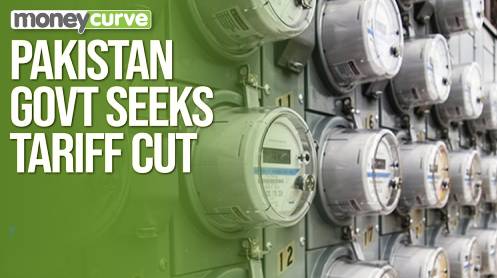Islamabad, Pakistan — Pakistan and Saudi Arabia solidified their strategic partnership with the signing of 27 Memorandums of Understanding (MoUs) valued at $2.2 billion. These agreements span a wide array of sectors, including industry, agriculture, IT, education, health, petroleum, mining, energy, and food.
The MoUs were signed during a high-profile visit by Saudi Arabia’s Minister of Investment, Sheikh Khalid Bin Abdul Aziz Al Faleh, who led a business delegation to Islamabad. The signing ceremony was attended by Prime Minister Shehbaz Sharif, Chief of Army Staff (COAS) General Asim Munir, and other senior officials from both nations. The visit reflects the growing economic collaboration between the two countries, underpinned by mutual respect and a shared vision for the future.
Prime Minister Shehbaz Sharif praised the delegation’s visit as a “true manifestation of the deep affection” that Saudi Arabia’s leadership holds for Pakistan, particularly under the guidance of Crown Prince Mohammed bin Salman. The prime minister expressed optimism that the agreements would pave the way for even greater economic cooperation, reiterating his government’s commitment to fast-track the implementation of these MoUs.
“We will work tirelessly to transform these MoUs into concrete agreements that will benefit both nations,” Sharif said, vowing to eliminate any bureaucratic hurdles. He also lauded Saudi Arabia’s support for Pakistan during its recent engagement with the International Monetary Fund (IMF), which helped the country secure a critical financial package.
The Saudi Minister for Investment, Sheikh Khalid Al Faleh, emphasized the strong economic ties between the two nations, highlighting that there were “no limits” to what Pakistan and Saudi Arabia could achieve together. He pointed out the strategic value of Pakistan’s geographic location and its growing role as a key player in sectors like renewable energy, mining, agriculture, and IT.
Al Faleh also reiterated Saudi Arabia’s commitment to long-term investments in Pakistan, particularly in infrastructure and natural resources. He acknowledged Pakistan’s economic progress over the last two years, noting that the country’s economic indicators were now on an upward trajectory. He further highlighted the significant increase in bilateral trade, which surged 80% between 2019 and 2024, reaching $5.4 billion.
At the Pakistan-Saudi Arabia Business Forum, Finance Minister Muhammad Aurangzeb also spoke about the country’s macroeconomic progress, asserting that Pakistan was now in a strong position to attract foreign investment. Aurangzeb detailed improvements in key economic indices, including inflation reduction, a stable currency, and a shrinking current account deficit.
Meanwhile, Deputy Prime Minister Ishaq Dar highlighted Pakistan’s commitment to economic reforms aimed at boosting productivity and creating opportunities for private investment. He stressed that Saudi investments, particularly in sectors like energy and infrastructure, would play a crucial role in Pakistan’s economic recovery.
In a separate meeting, Al Faleh and his delegation met with COAS General Asim Munir. The army chief expressed his gratitude for Saudi Arabia’s “unflinching support” and underscored the strong bond between the two nations. The ISPR (Inter-Services Public Relations) issued a statement affirming Pakistan’s full commitment to furthering economic cooperation with Saudi Arabia.
President Asif Ali Zardari also hosted the Saudi delegation, reaffirming the historical ties between the two countries and emphasizing the importance of elevating this relationship to a strategic economic partnership. Both sides discussed future collaborations in sectors such as agriculture, information technology, and renewable energy.
The Saudi delegation’s visit marks a significant step in strengthening Pakistan-Saudi Arabia relations, opening up new avenues for economic growth and development. With both nations committed to fostering deeper ties, these agreements signal the beginning of a new era of cooperation, with immense potential for future progress.





